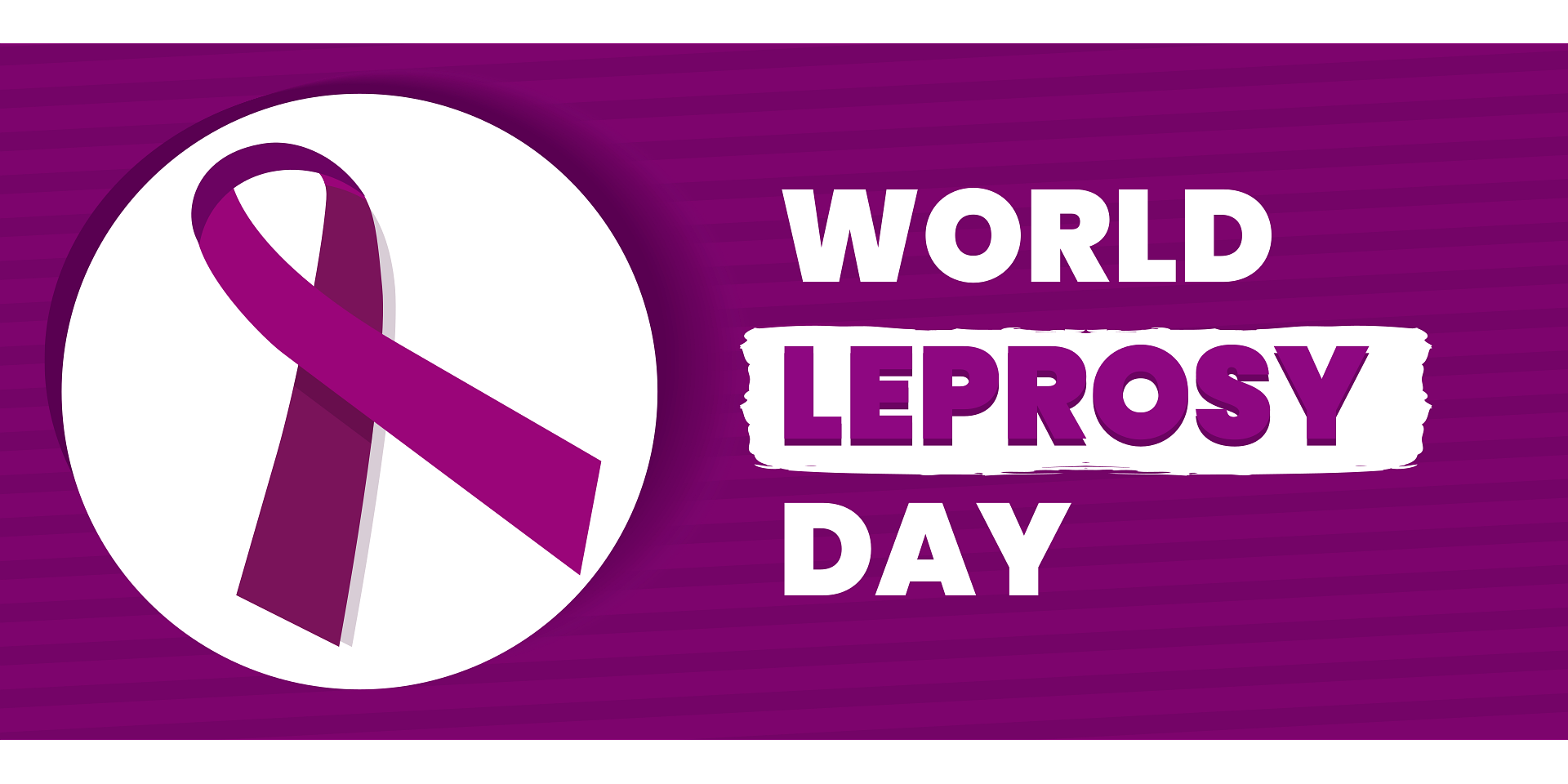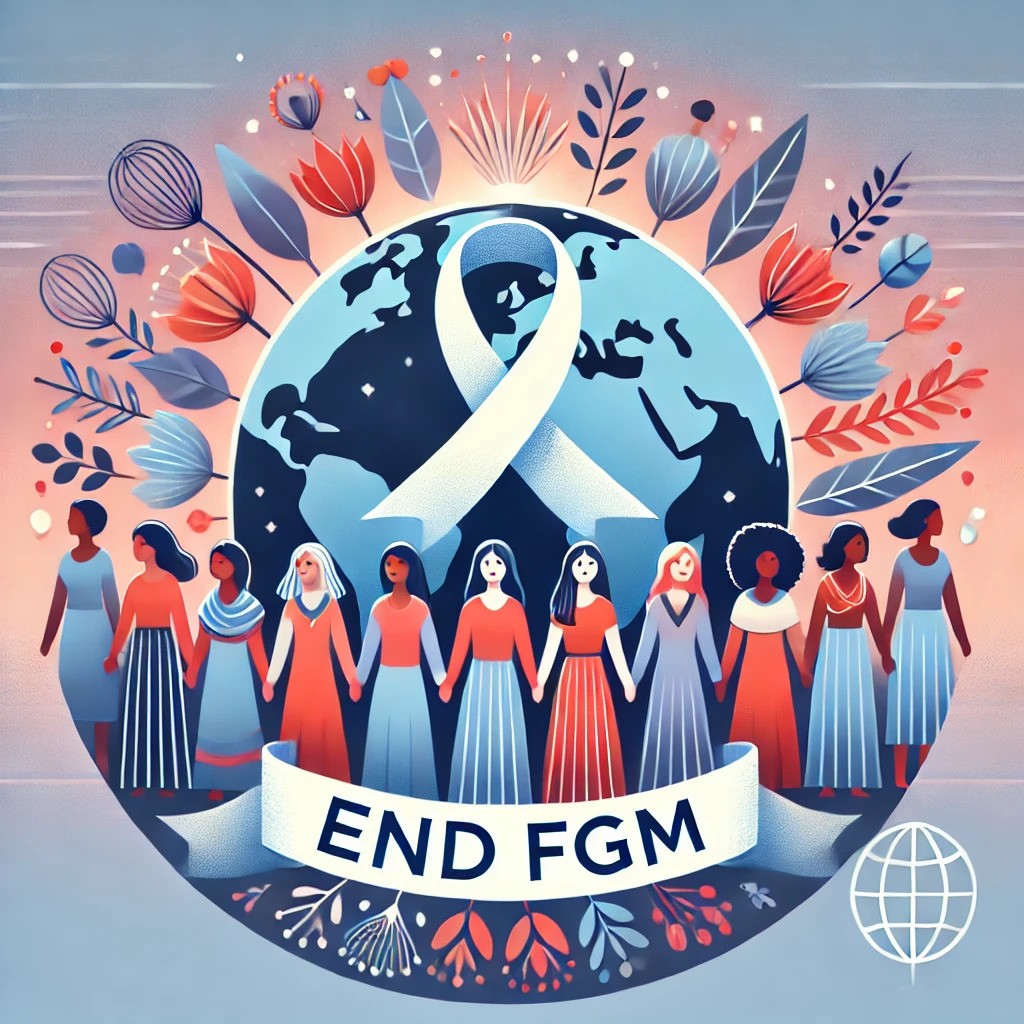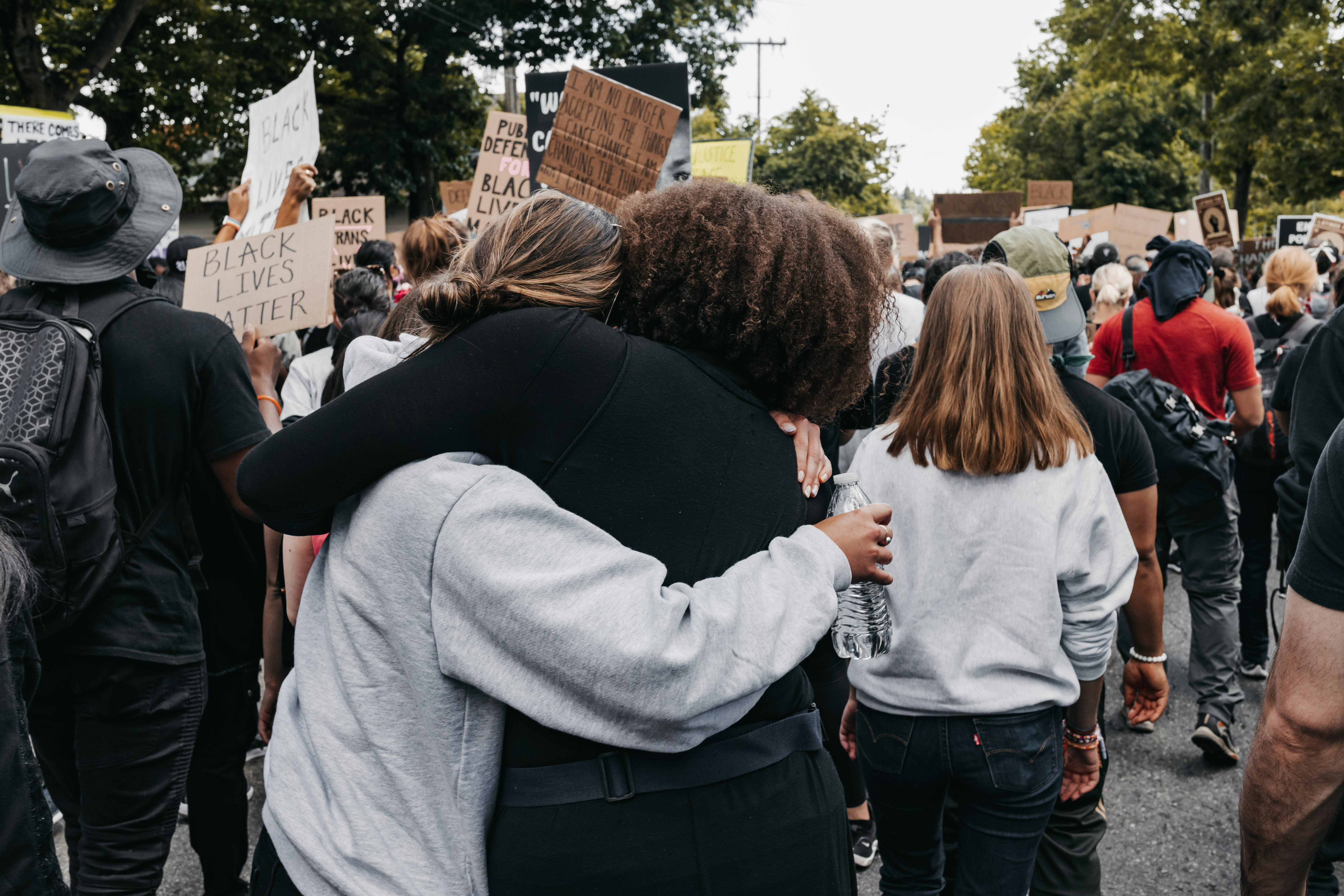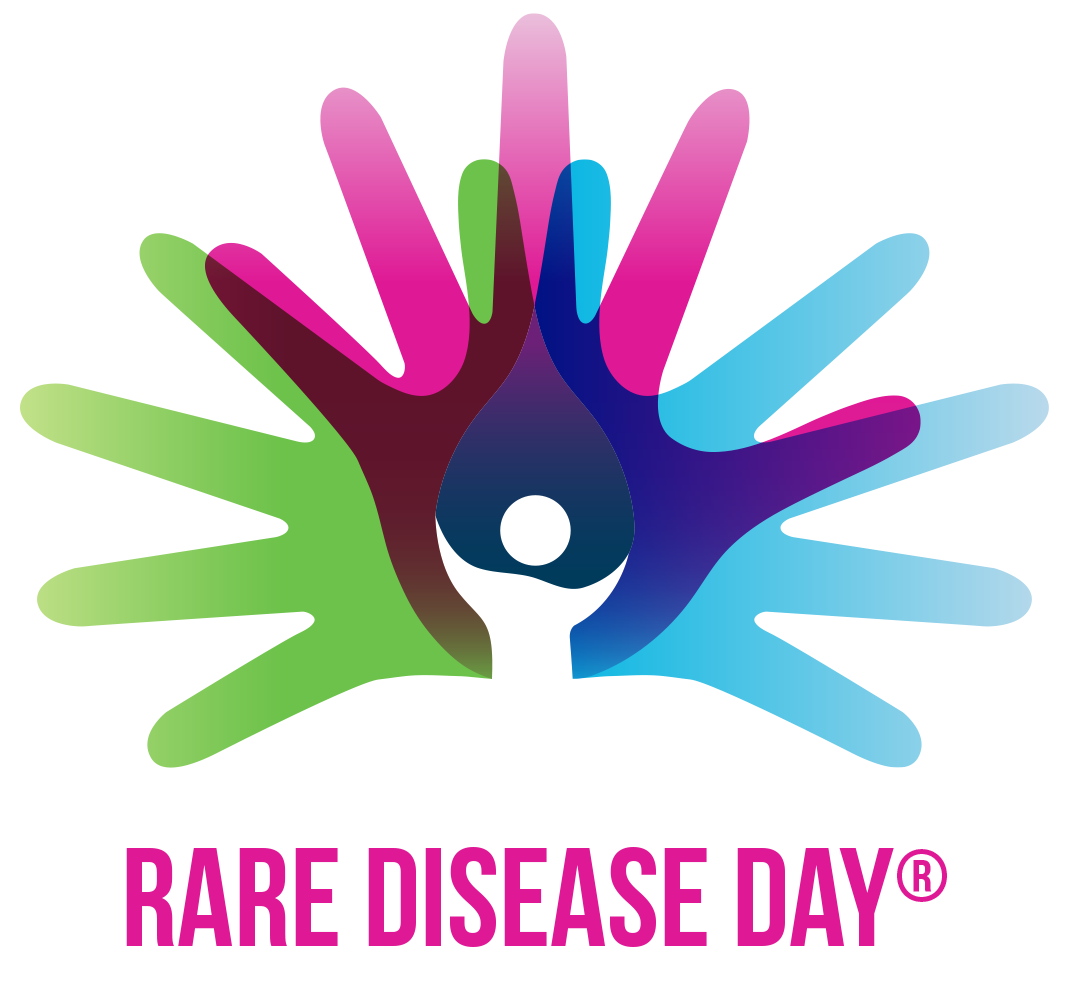International Day of Education 2026
Event Date: Saturday, 24 January 2026
Recognizing Body: United Nations General Assembly
Short Event Descriptor: An annual United Nations observance recognizing education as a human right and a foundation for peace and sustainable development.
What the International Day of Education Is
2026's World Leprosy Day: A Unified Call for Dignity and Healing
Celebration and Recognition
World Leprosy Day is commemorated each year on the final Sunday of January, promoting worldwide unity in the battle against leprosy. On January 26th, 2026, this day will occur. In India, January 30th is an important event that is observed annually to pay tribute to Mahatma Gandhi's death anniversary. Gandhi was a strong supporter of the rights and respect for individuals stricken with leprosy.
World Neglected Tropical Diseases Day 2026
Event Date: Friday, January 30, 2026
Recognizing Body: World Health Organization (WHO)
Short Event Descriptor: World Neglected Tropical Diseases Day is a WHO-recognized global observance focused on awareness and action related to neglected tropical diseases.
What the Event Is
World Wetlands Day 2026
Event Date: 2 February 2026
Recognizing Body: United Nations General Assembly; Convention on Wetlands (Ramsar Convention)
Short Event Descriptor: World Wetlands Day 2026 is an international observance recognizing the importance of wetlands and commemorating the signing of the Ramsar Convention on Wetlands.
What the Event Is
International Day of Human Fraternity 2026
Event Date: 4 February 2026
Recognizing Body: United Nations General Assembly
Short Event Descriptor: International Day of Human Fraternity 2026 is a United Nations observance focused on human fraternity, interreligious dialogue, and intercultural understanding.
What the Event Is
International Day of Zero Tolerance for Female Genital Mutilation 2026
Event Date: February 6, 2026
Recognizing Body: United Nations
Short Event Descriptor: A United Nations–recognized international observance focused on the global elimination of female genital mutilation.
What the Event Is
World Radio Day 2026: Celebrating Radio's Legacy and Future Impact
Observed annually on February 13, World Radio Day honors radio’s unique role in bridging communities, disseminating information, and fostering social engagement. Established by UNESCO in 2011, this day underscores radio’s power to reach diverse audiences worldwide, serving as a medium for education, connection, and public safety. World Radio Day celebrates radio’s enduring significance and adaptability in an evolving digital landscape.
World Day of Social Justice 2026: Promoting Equality, Inclusion, and Human Rights
Observed annually on February 20, the World Day of Social Justice highlights the importance of addressing global challenges such as poverty, exclusion, unemployment, gender inequality, and human rights. Established by the United Nations General Assembly in 2007 (A/RES/62/10), this day advocates for social justice as a foundation for peace, equality, and sustainable development worldwide.
World Seagrass Day 2026 with SDG Resources
Nurturing the Oceans' Lifelines: Seagrass
Our planet's health and prosperity depend on the well-being of its oceans and marine ecosystems. Seagrasses, often overlooked, are vital in maintaining these ecosystems. World Seagrass Day is dedicated to highlighting the crucial role of seagrasses in our marine environments.
The Significance of the Day










